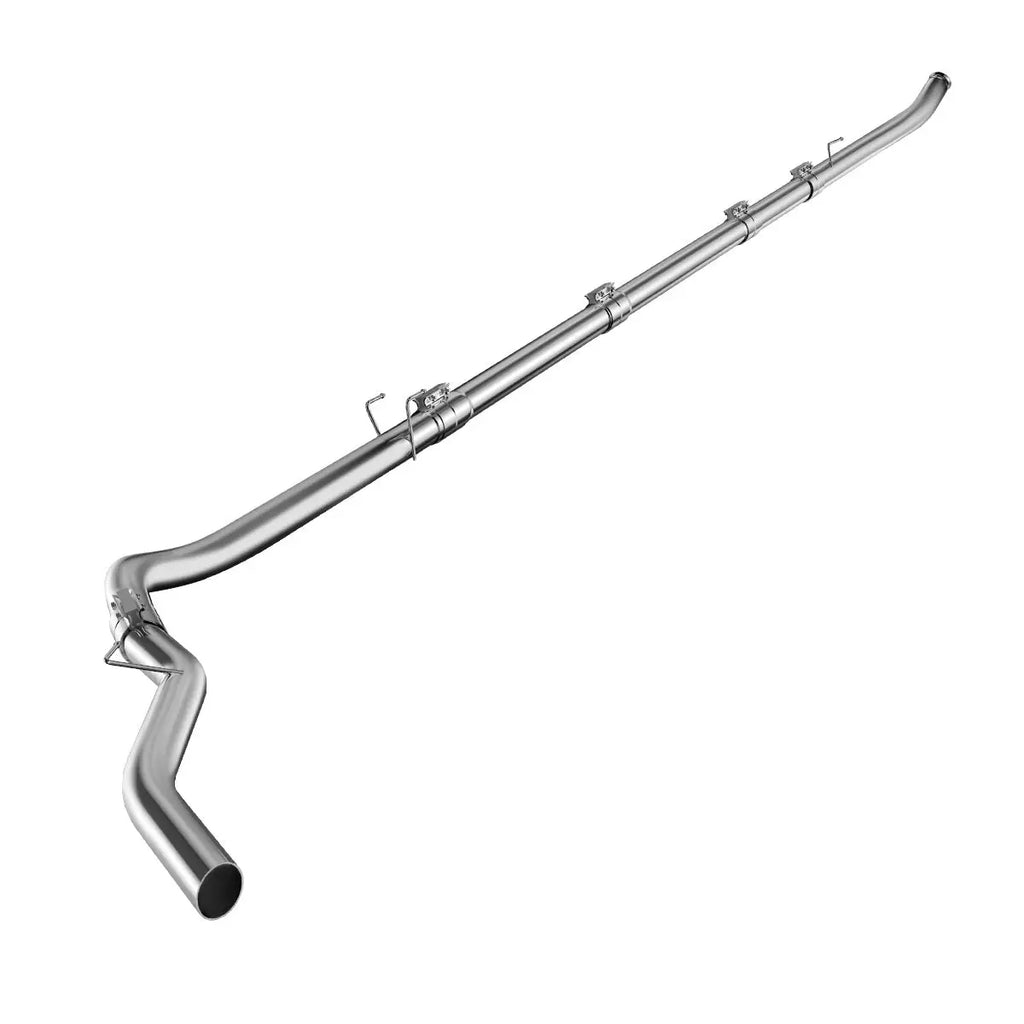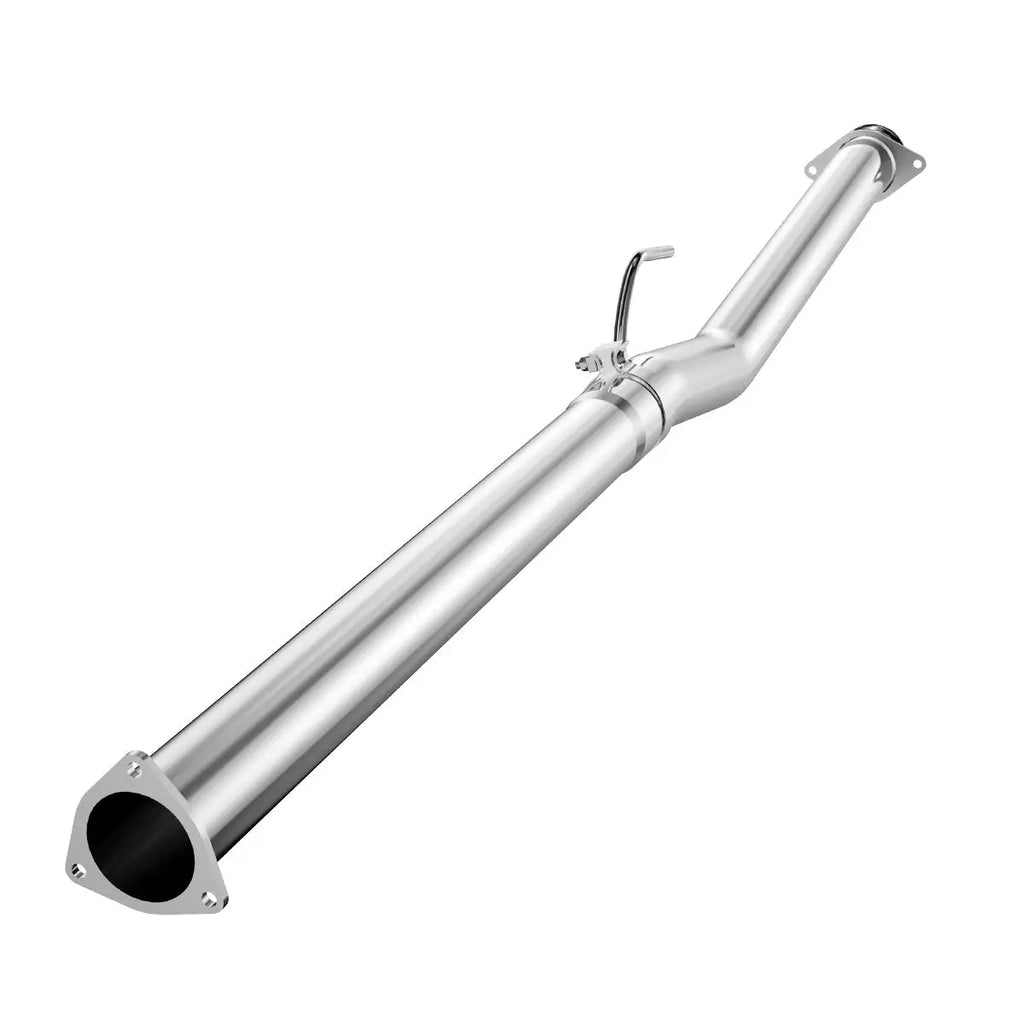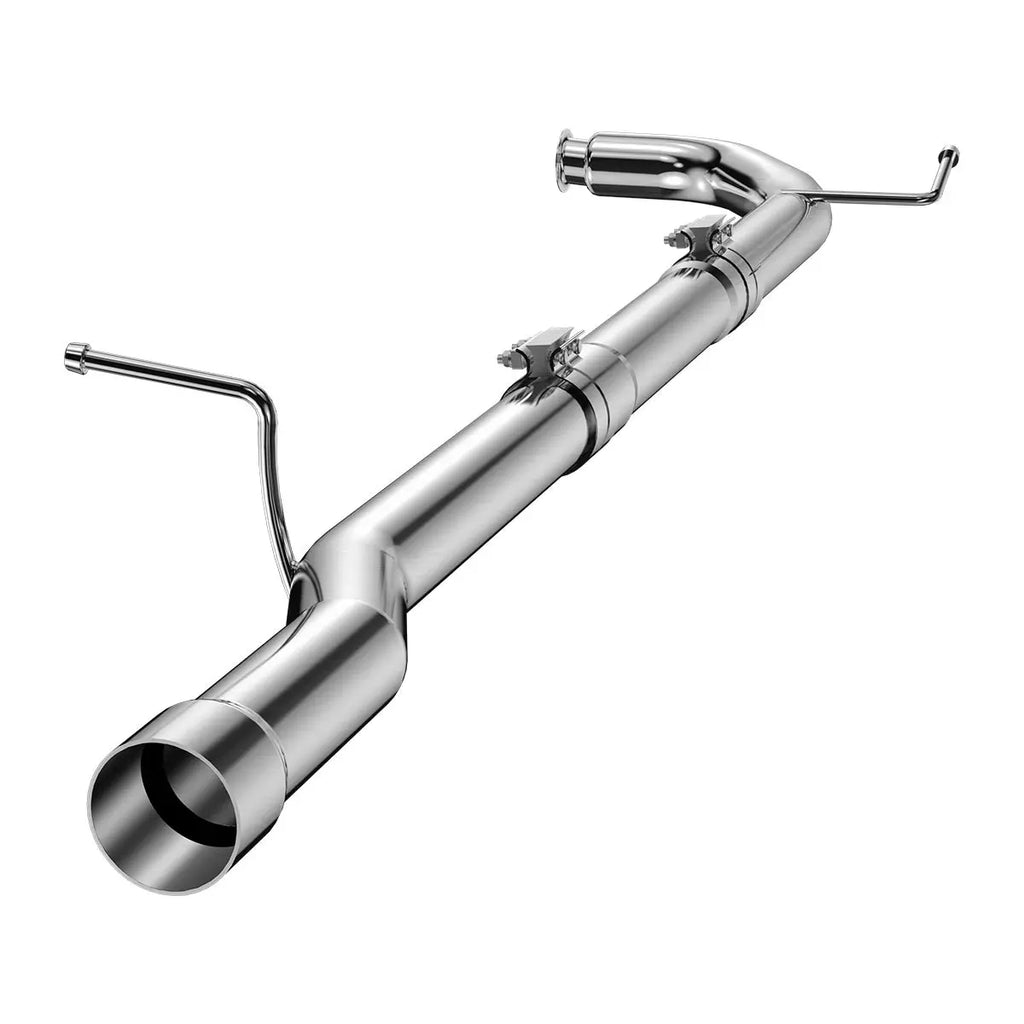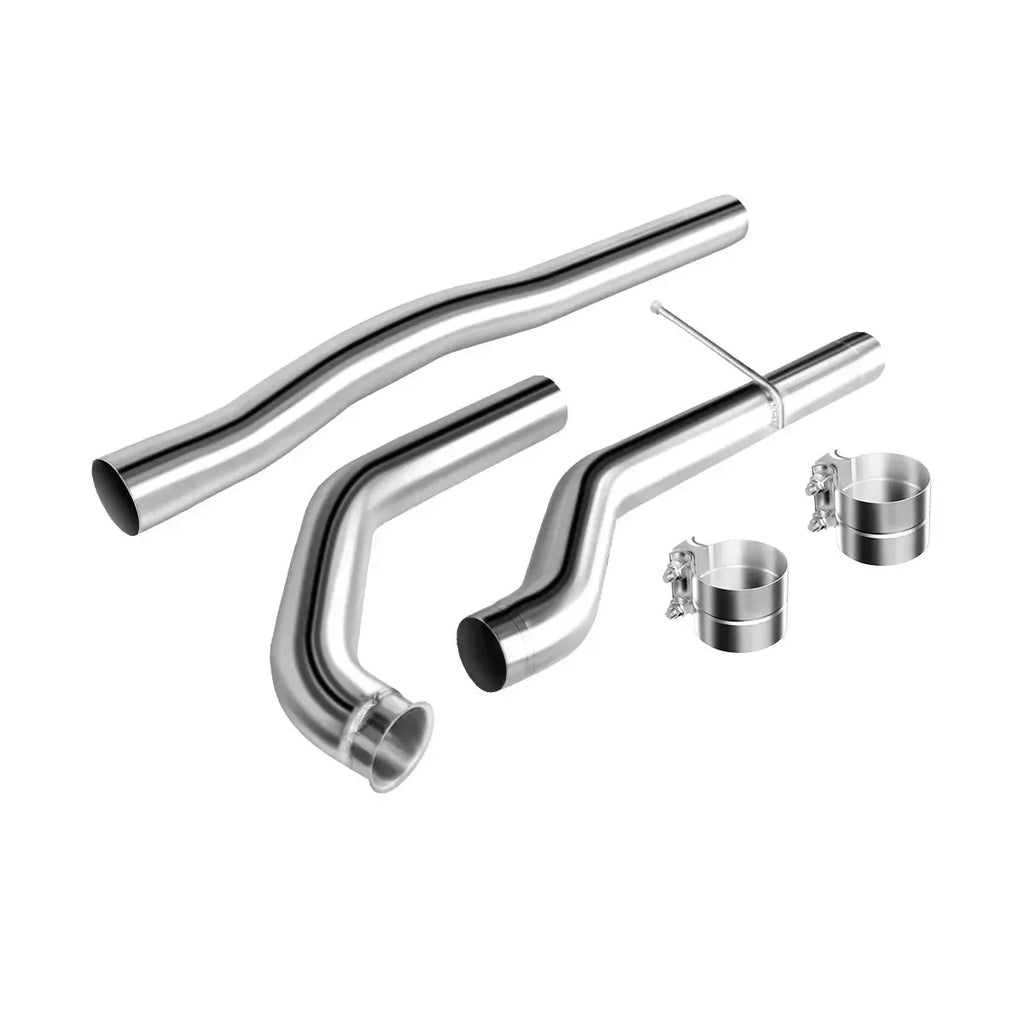Unlock Peak Perfo...
Aug 15, 2025

Diesel engines are widely recognized for their strength, durability, and fuel efficiency. However, many modern diesel vehicles are equipped with a Diesel Particulate Filter (DPF), a component designed to reduce emissions by capturing soot and particulates. While this is beneficial for the environment, the DPF can sometimes hinder performance, increase maintenance costs, and reduce fuel efficiency. For those seeking to maximize their diesel engine’s capabilities, there are alternative solutions available. Let’s explore some ways to enhance your diesel vehicle’s performance while maintaining compliance with emissions standards.
One of the key goals for diesel vehicle owners is improving engine performance. The DPF can create backpressure in the exhaust system, which may restrict airflow and limit the engine’s efficiency. To address this, consider:
Regular maintenance to ensure the DPF is functioning properly
Upgrading to a high-performance exhaust system designed to work with the DPF
Using high-quality fuel and additives to reduce soot buildup
These steps can help improve horsepower, throttle response, and torque output, making your vehicle more responsive and powerful, especially under heavy loads or challenging driving conditions.
A well-maintained DPF can help maintain fuel efficiency, but if it becomes clogged or malfunctions, it can cause the engine to work harder and consume more fuel. To improve fuel economy:
Ensure the DPF is regularly cleaned and serviced
Monitor the vehicle’s performance and address any issues promptly
Consider using fuel-efficient driving techniques
By keeping the DPF in good condition, you can reduce strain on the engine and maintain optimal fuel efficiency.
The DPF is a critical component that requires proper care to avoid costly repairs. To minimize maintenance expenses:
Follow the manufacturer’s recommended maintenance schedule
Use high-quality engine oil and fuel to reduce soot accumulation
Address any warning lights or error codes related to the DPF promptly
Regular maintenance can help prevent costly DPF replacements and ensure your vehicle operates smoothly.
Properly maintaining the DPF and exhaust system can help extend the life of your diesel engine. Excessive heat and soot buildup can stress engine components, so it’s important to:
Ensure the DPF regeneration process is functioning correctly
Monitor engine temperature and address any overheating issues
Keep the exhaust system clean and free of obstructions
By taking these steps, you can reduce wear and tear on critical engine parts and extend the overall lifespan of your vehicle.
For those who enjoy a more robust exhaust note, there are legal and compliant ways to enhance the sound of your diesel vehicle. Consider:
Upgrading to a performance exhaust system that meets emissions standards
Installing a muffler or resonator designed to produce a deeper tone
Consulting with a professional to ensure modifications comply with local regulations
These options can provide a more satisfying exhaust sound without compromising emissions compliance.
A failing DPF can lead to reduced engine performance and even cause the vehicle to enter limp mode. To avoid these issues:
Regularly inspect the DPF for signs of clogging or damage
Follow the manufacturer’s guidelines for DPF maintenance
Address any warning lights or error codes immediately
By staying proactive, you can prevent unexpected breakdowns and costly repairs.
For those looking to optimize their diesel engine’s performance, tuning can be a valuable option. However, it’s important to ensure that any tuning is done in compliance with emissions regulations. Consider:
Consulting with a professional tuner who specializes in diesel engines
Using tuning software that maintains emissions compliance
Focusing on adjustments that improve efficiency and performance without removing emissions control devices
Proper tuning can help maximize horsepower, torque, and fuel efficiency while keeping your vehicle within legal limits.
Shop with DynoVox Diesel Engine




Before making any modifications to your diesel vehicle, it’s essential to understand and comply with local emissions laws. In many regions, removing or tampering with emissions control devices like the DPF is illegal for on-road vehicles and can result in fines or failed emissions inspections. Always check your local regulations and consult with a professional before making any changes.
While there are ways to enhance the performance and efficiency of your diesel vehicle, it’s important to prioritize compliance with emissions regulations and environmental responsibility. Regular maintenance, proper care of the DPF, and legal performance upgrades can help you get the most out of your diesel engine without compromising its longevity or environmental impact.
If you’re looking to improve your diesel vehicle’s performance, consider exploring legal and compliant options that align with your goals. Always consult with a professional to ensure your modifications are safe, effective, and within the bounds of the law.